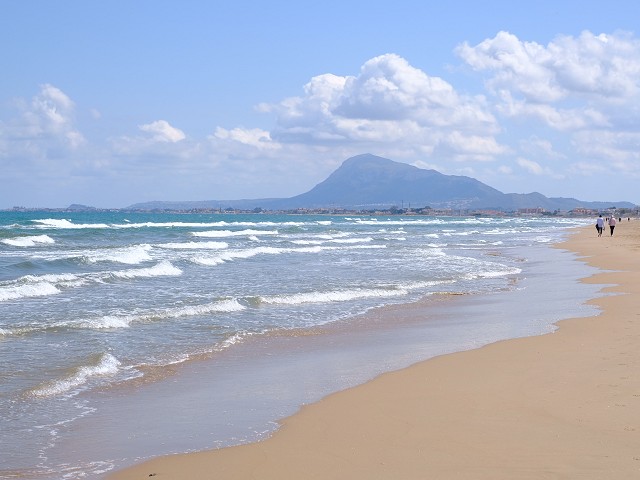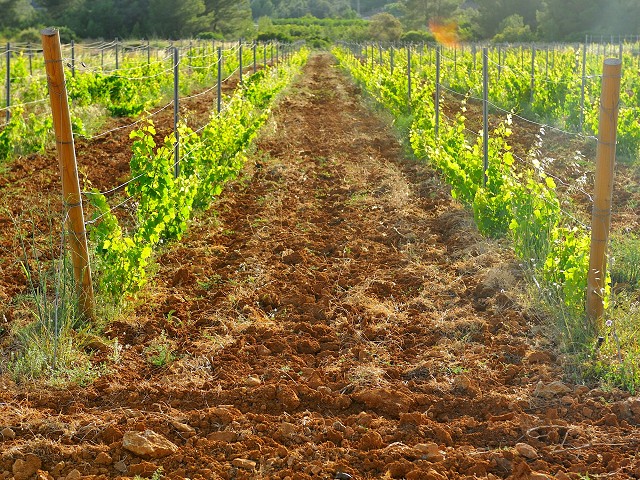Practical Guide to Buying New-Build Property in Spain for European Citizens
Every year, tens of thousands of European citizens take a step beyond holidays and decide to make Spain part of their everyday life. They do so by acquiring a home—very often a new-build property, attracted by the climate, quality of life, and legal security our country provides.
This is not an isolated phenomenon: according to the Spanish Association of Registrars, around 15% of property purchases in Spain are made by foreigners, with British, German, Belgian, French, and Polish buyers leading the way. The Costa Blanca and Costa del Sol are at the top of the list, with a real estate market where new-build housing has become synonymous with efficiency, design, and legal guarantees.
But what is the buying process for a new-build property in Spain really like for a European citizen? And, most importantly, what key points should be taken into account to ensure the experience is as exciting as it is safe?
The Appeal of New-Build Homes: Modernity, Efficiency, and Customisation
One of the first decisions facing any foreign buyer is whether to opt for a resale home or a new-build. In recent years, the scales have tipped more and more towards the latter—and not without reason.
Today’s projects integrate European standards for sustainability and energy efficiency, resulting in better-insulated homes with lower energy consumption and a strong commitment to renewable sources. Added to this is the possibility of customising finishes, layouts, or even choosing complete furnishing and equipment packages.
Buying a new-build home not only means enjoying brand-new installations, but also benefiting from legal guarantees that offer extra peace of mind: bank guarantees protecting payments made during construction, a ten-year structural warranty (known as “seguro decenal”), and energy certificates that ensure compliance with European regulations.
The Buying Process: From Reservation to Handover
The journey towards owning a home in Spain usually begins with a simple step: a reservation that confirms the buyer’s intention. From there, the process is clearly regulated and unfolds in several stages.
The first stage is signing a private purchase contract, which sets out the payment schedule and terms. In the case of new-build properties, the developer must guarantee every payment made through a bank guarantee or insurance policy, protecting the buyer against any eventuality.
The process culminates before a notary with the signing of the public deed of sale and its registration in the Land Registry. At this point, the buyer receives the keys and becomes the full legal owner, with the assurance provided by the Spanish legal system.
Documentation and Formalities: What European Citizens Need
The Spanish legal framework facilitates property acquisition by EU citizens. Three essential requirements must be met:
- NIE (Número de Identificación de Extranjero / Foreigner Identification Number): essential for any fiscal transaction. It can be requested in Spain or through Spanish consulates abroad.
- Spanish bank account: required to pay taxes and related expenses.
- Valid passport or national ID card.
With these basics in place, the path is open to formalising the purchase.
The Role of the Independent Lawyer
Although the buying process is clearly regulated, engaging an independent lawyer is increasingly common and highly recommended among European buyers. Their role is to safeguard the client’s interests by reviewing planning permissions, checking contracts, managing notarial formalities, and ensuring the property is transferred free of debts or encumbrances.
Beyond the strictly legal, a lawyer also simplifies the experience: many foreign buyers prefer to grant power of attorney, allowing the lawyer to represent them in Spain without the need for constant travel.
Costs Beyond the Purchase Price
Acquiring a new-build property means considering, in addition to the price itself, a series of extra costs that should be factored in:
- VAT (10%), applied to all new-build purchases.
- Notary and Land Registry fees.
- Professional fees, such as legal services.
Altogether, these expenses usually amount to around 12–13% of the property price.
Financing and Mortgages for Non-Residents
Spain also offers financing options to European buyers who are not resident in the country. Banks generally grant mortgages of up to 70% of the valuation of the property, with repayment periods of up to 25–30 years, provided the applicant can demonstrate financial solvency and stable income.
It is common for banks to require linked insurance policies, such as life and home insurance, which add an extra layer of protection to the operation.
Legal Guarantees: The Peace of Mind of New-Build
One of the aspects most highly valued by foreign buyers is the legal framework of guarantees accompanying new-build homes in Spain. These include:
- Bank guarantee or insurance policy, covering all payments made during construction.
- Ten-year structural warranty (seguro decenal), compulsory for developers and covering structural defects for a decade.
- First Occupancy Licence, required to connect utilities and move into the property.
Together, these measures have made the Spanish new-build market a safe environment where European buyers can find the legal certainty they seek.
A Process with a Mediterranean Soul
Buying a new-build home in Spain is not merely a real estate transaction: it is a process filled with excitement and expectations. From choosing the location to visiting the show home, each step is part of an experience that blends the practical with the emotional.
At MONGOMAR, we believe that every European client who chooses to make their home here is opting for more than just a property: they are choosing a lifestyle. That is why we approach each project with the conviction that we are not merely building houses, but homes with soul, designed to be enjoyed with peace of mind and confidence in a privileged setting like the Costa Blanca.
Note: This article has been prepared with verified information from official sources, including the Spanish Association of Property Agents (Colegio de Agentes de la Propiedad Inmobiliaria, API), the General Council of Notaries, and the legislation currently governing property purchases in Spain.


-1753878533.jpeg)




